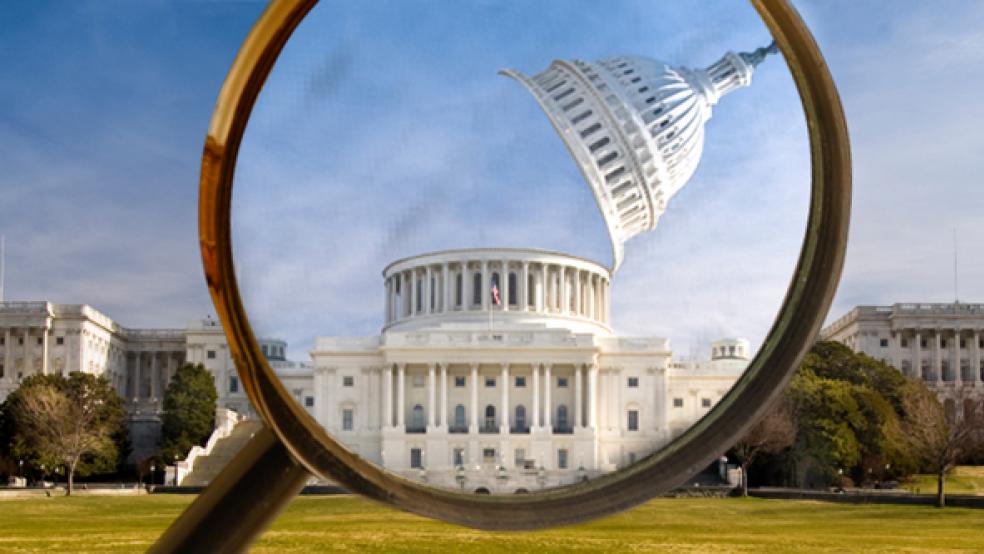Campaigns are time-consuming, especially during a high-stakes presidential election year as both national parties strive for supremacy in a battle that has the potential to trickle all the way down to county and municipal level tickets.
With that in mind, the House of Representatives is giving itself a couple of epic vacations next year.
A 2016 calendar released Tuesday by House Majority Leader Kevin McCarthy (R-CA) shows that House members will be able to enjoy a super-sized seven-week August recess. That’s two weeks longer than the traditional, annual break.
Related: Where in the World Is Congress Spending Its Summer Vacation?
The House will also be out for all of October, as incumbents and challengers work for victory at the polls. Winners and defeated lame-ducks will return to Capitol Hill on November 14, one week after Election Day.
In all, the House will be in session for 111 days next year, and out of town for 149 days. That workload is similar to 2012 when the House was in for only 109 days.
"This calendar ensures that 'the People's House' always remains in-touch with those back home,” McCarthy said in a statement. "Discussing ideas and concerns is a critical function of a responsive, representative democracy, and for this reason, our schedule will continue to provide members considerable time for constituent services in their districts each month."
Related: Revolving Door Between Congress and Lobbyists Is Speeding Up
True, they’ll be spending time in their districts, but they will also be fundraising and electioneering, especially in July.
That month both the GOP and Democrats gather for their presidential conventions in Cleveland and Philadelphia, respectively. The House has just nine workdays slated in July.
The Senate hasn’t released its 2016 calendar, and the House schedule could always change, depending on what, if any, unexpected legislative issues crop up. But the anticipated light workload doesn’t bode well for getting much done during the coming election year and could wreak havoc as lawmakers work on appropriations bills to keep the government open past an October 1 deadline.





